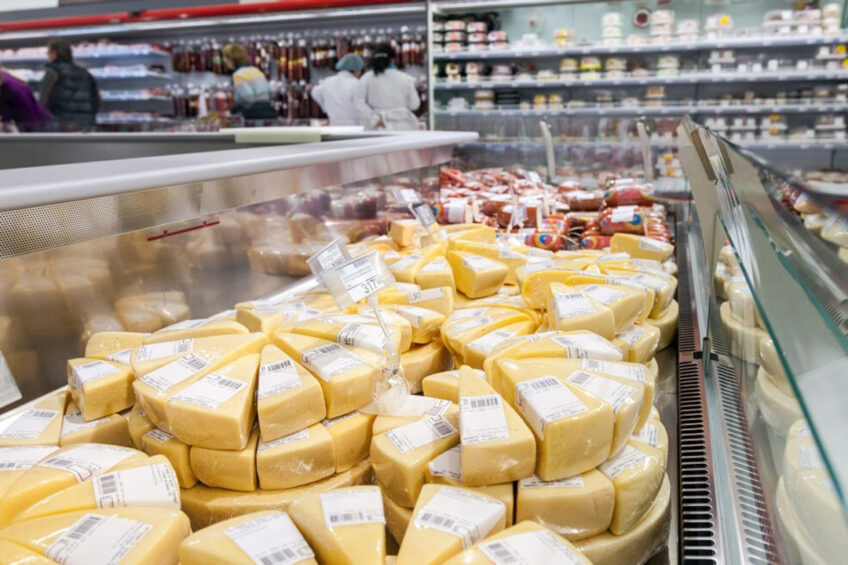Polish dairy plants in turmoil

In a recent appeal to the government, Andrzej Gantner, spokesperson of the Polish Federation of Food Producers, said that Polish authorities must take urgent action to resume fertiliser and carbon dioxide production in order to avoid significant losses to dairy manufacturers and other food industry segments.
Continuing upward pricing in the European natural gas market is taking a heavy toll on the Polish chemical industry. On the backdrop of soaring production costs, 2 large Polish state-owned chemical firms, Azoty and Anwil, have recently announced a decision to suspend production. Gas prices on the European market are currently nearly 10 times higher than a year ago.
Loss in dairy production
Gantner said that this step jeopardised Polish dairy and beer companies, explaining that carbon dioxide – a by-product of fertiliser production – is essential to manufacture a broad range of foodstuff, such as cheese.
“Without this gas, production will simply stop, and the losses will be unimaginable,” Gantner said, explaining this also affects the packaging segment in the dairy industry. “It is impossible to suddenly switch from the production model based on the use of a protective atmosphere to manufacturing products packed in paper,” said Gantner.
“Businesses are also being notified about a lack of nitric acid, which is necessary to disinfect the [production] lines to ensure food safety and production safety,” he continued, also attributing this problem to the turbulence in the chemical industry.
Food security
Gantner criticised the government for the decision to curb fertiliser production, not considering the impact it would have on the Polish food sector.
“The situation probably shows the lack of understanding on the part of the government about food security in Poland,” said Gantner, adding that food companies have little to no reserves of carbon dioxide and that it would take at least 2 weeks to restart production lines and return to “some normal situation”.
“We appeal to the prime minister and all those responsible for the current situation that, regardless of the economic calculations, it is not acceptable to create a shortage of raw materials, ingredients and means for food production,” Gantner said, suggesting that the production of fertilisers and carbon dioxide should be restarted without further delays.






